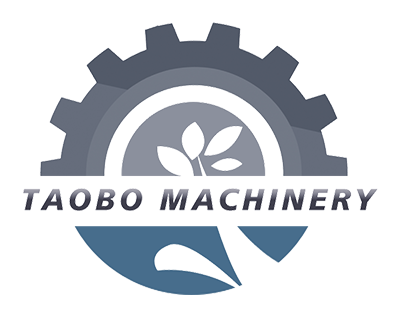In the coffee bean production and processing process, installing a destoner is a key link to ensure the quality of coffee beans, improve subsequent processing efficiency, and reduce equipment loss.
Core Function: Ensuring Coffee Bean Quality and Preventing “Quality Degradation”
Coffee beans are easily contaminated by impurities such as dirt, pebbles, sand, and metal fragments during harvesting, drying, and transportation (especially during the early stages of washed and natural processing). Failure to remove these impurities can severely damage the quality of the coffee beans:
Preventing Flavor Contamination and Taste Deterioration
Impurities like stones and dirt lack flavor in their own right and may carry unpleasant aromas (such as earthy or rusty). If introduced into the finished beans, they release undesirable substances during roasting, resulting in off-flavors such as “earthy” and “astringent” notes, destroying the coffee’s original fruity, floral, or nutty aromas and directly reducing the taste of the beverage.
Preventing “uneven roasting” and defects in the finished product
Impurities like stones and metal have a much higher thermal conductivity than coffee beans (coffee beans are primarily organic and conduct heat slowly, while stones are inorganic and conduct heat quickly). During the roasting process, impurities quickly absorb heat, creating localized high temperatures. This can cause surrounding beans to burn excessively (forming “scorched beans”), or beans that come into contact with impurities to remain undercooked (due to heat absorption by the impurities). This significantly increases the proportion of defective beans in the finished product, defying commercial coffee quality standards.
Ensuring “physical purity” to meet consumer demand
End consumers (especially those who enjoy specialty coffee) have extremely high expectations for coffee bean purity. The presence of stones or sand during brewing can directly impact the consumer experience and even lead to a loss of trust in the brand. A destoner can increase impurity removal to over 99%, ensuring the physical purity of coffee beans.
In the coffee bean processing process, the destoner is usually located at the front end of the “impurity removal process” (immediately after screening and winnowing). Its core function is to “preemptively intercept hard impurities” and protect subsequent high-precision processing equipment.
Our grain and bean destoner (for crops like wheat, rice, soybeans, and red beans) utilizes the differences in physical properties between grains/beans and impurities (pebbles, sand, metal shavings, mud, etc.) to achieve precise separation through a combination of “vibration screening + airflow assistance + gravity separation.” Contact us if you’re interested!
Post time: Sep-23-2025







